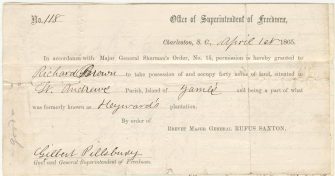
Land Order, April 1, 1865 . . . permission is hereby granted to Richard Brown to take possession of and occupy forty acres of land, situated in St. Andrews Parish, Island of James. Source: National Archives. Click image to see this and more primary documents.
On March 3, 1865, the Bureau of Refugees, Freedmen, and Abandoned Lands was established. As explained by the National Archives:
The Bureau was established in the War Department in 1865 to undertake the relief effort and the unprecedented social reconstruction that would bring freedpeople to full citizenship.
It issued food and clothing, operated hospitals and temporary camps, helped locate family members, promoted education, helped freedpeople legalize marriages, provided employment, supervised labor contracts, provided legal representation, investigated racial confrontations, settled freedpeople on abandoned or confiscated lands, and worked with African American soldiers and sailors and their heirs to secure back pay, bounty payments, and pensions.
Imagine if everyone who was freed from centuries of bondage — and whose wisdom, skills, and labor had stolen — had been compensated as Richard Brown was promised in this document to “take possession of and occupy forty acres of land, situated in St. Andrews Parish, Island of James.” (Of the land that was distributed to people freed from slavery, most was returned to the ex-Confederates, despite the improvements made to land by the freed people and their moral right to claim it.)
The Freedmen’s Bureau was disbanded in 1872. This was hardly enough time, especially given its limited resources and the major obstacles it faced, to address all the tasks described above for the 3.9 million people freed from generations of slavery that dated back 250 years. In addition the Bureau was supposed to help poor whites in the South.
A comment left on Facebook for this post by Mark Roudané:
The Freedmen’s Bureau is often viewed by historians as radical, the first systematic effort to provide some kind of reparations to the emancipated. What was the Black take on this effort?
America’s first Black daily, the NEW ORLEANS TRIBUNE, was highly critical of the Bureau on several fronts, particularly of its enforcement of exploitative labor contracts.
From the October 31, 1867 issue:
The laborer on the plantation is in the clutches of his employer. Should he be abused or wronged, what are the means of redress? Practically he has none. If he goes to the (Freedmen’s) Bureau agent, he finds there an officer who rides with his employer, who dines with him, and who drinks champagne with him. Most of the Agents think their particular business is to furnish the planters with cheap hands, and as a consequence to retain at any cost the laborers on the plantations. They are, in fact, the planter’s guards, and nothing else. Every person acquainted with the regime of our country parishes knows what has become of the Bureau’s agencies and the Agents.
It is, therefore, perfectly useless for the poor laborer to look at the Freedmen’s bureau for relief. He knows in advance that the Bureau will send him back to his unjust employer. He will not be assisted to get his pay, or to get redress, but will be told to go back to his master and do his work. We have, therefore, some ground to ask: “is there anything like justice for the workingman?
Instead, the TRIBUNE fought for the redistribution of plantation land to the emancipated “who had, by dint of daily and continued toil, created all the wealth of the South.”
To that end, the newspaper helped organize the Freedmen’s Aid Association,* a Black controlled alternative to the forced serfdom of the government’s Freedmen’s Bureau. The newspaper called for Black land ownership financed by “a bank of our field hands – who work the land by the sweat of their brows – for the purpose of substituting to the aristocratic planters the WHOLE POWER OF OUR PEOPLE. After having proclaimed the liberty of the workmen, we now have to democratize the capital in their hands.”
The FAA succeeded in establishing four worker-controlled plantations in Louisiana.
Learn more in the Zinn Education Project national report, “Erasing the Black Freedom Struggle: How State Standards Fail to Teach the Truth About Reconstruction,” and find teaching resources on Reconstruction below.

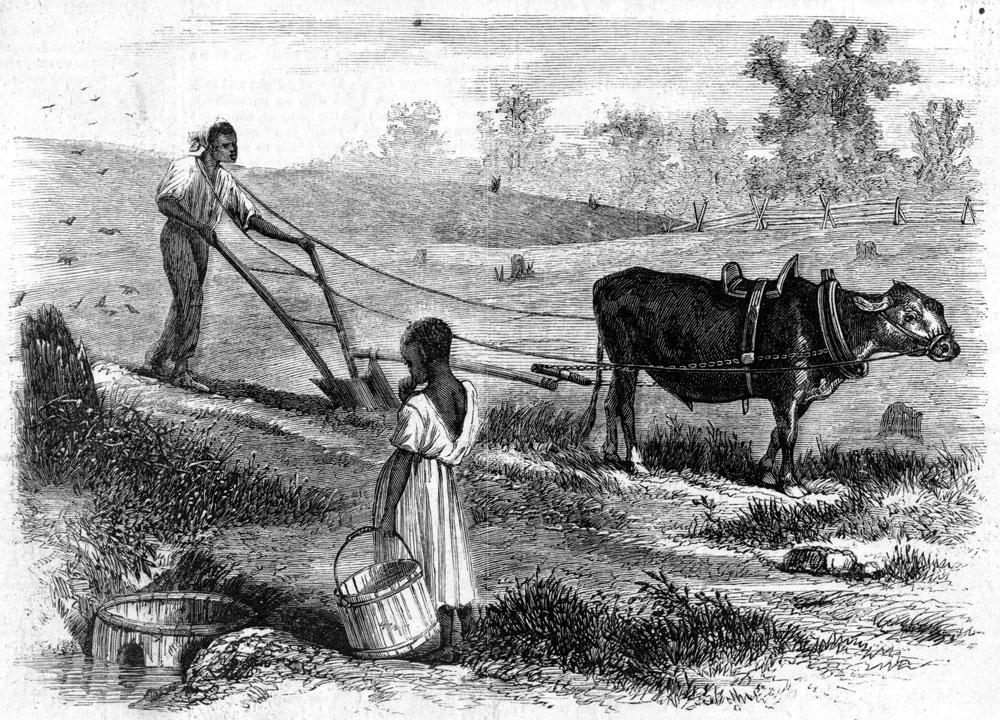
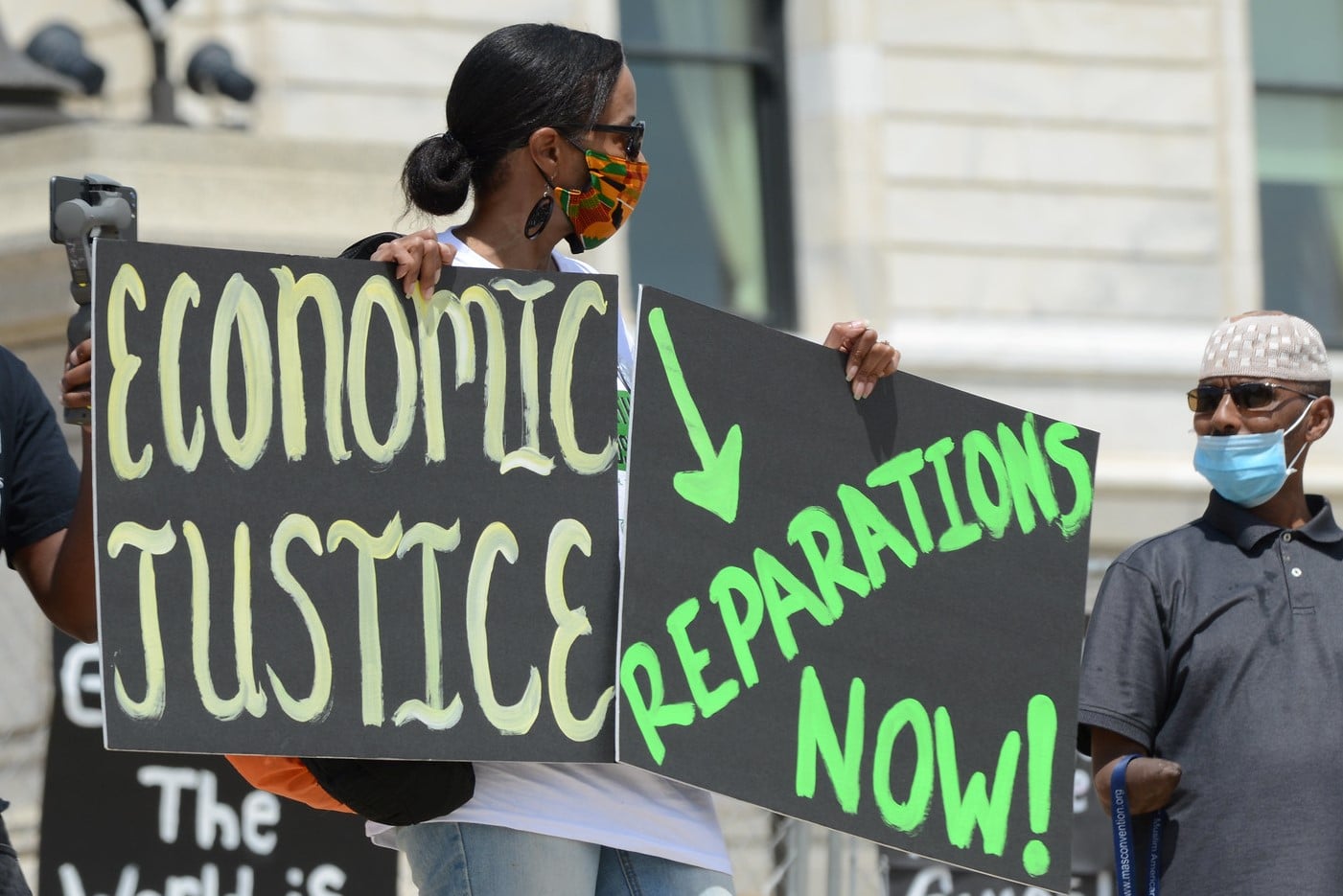
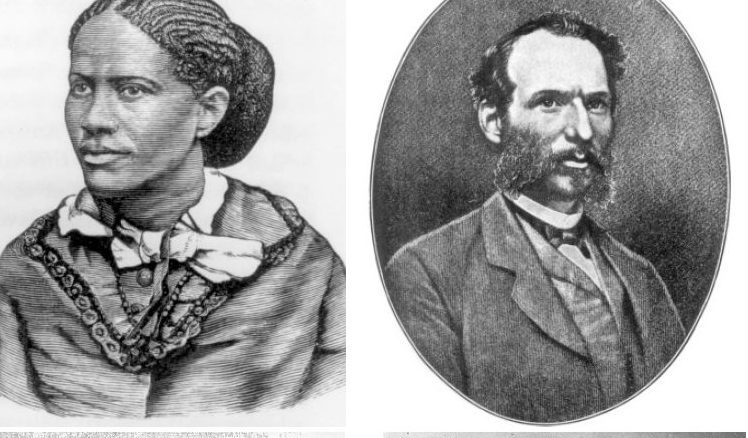

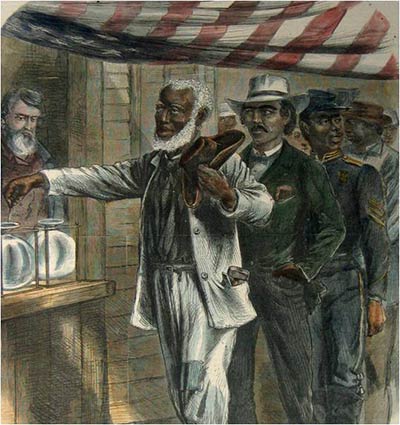
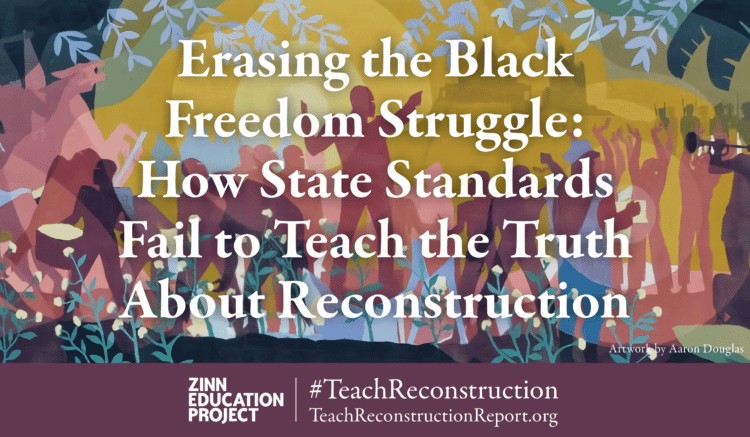
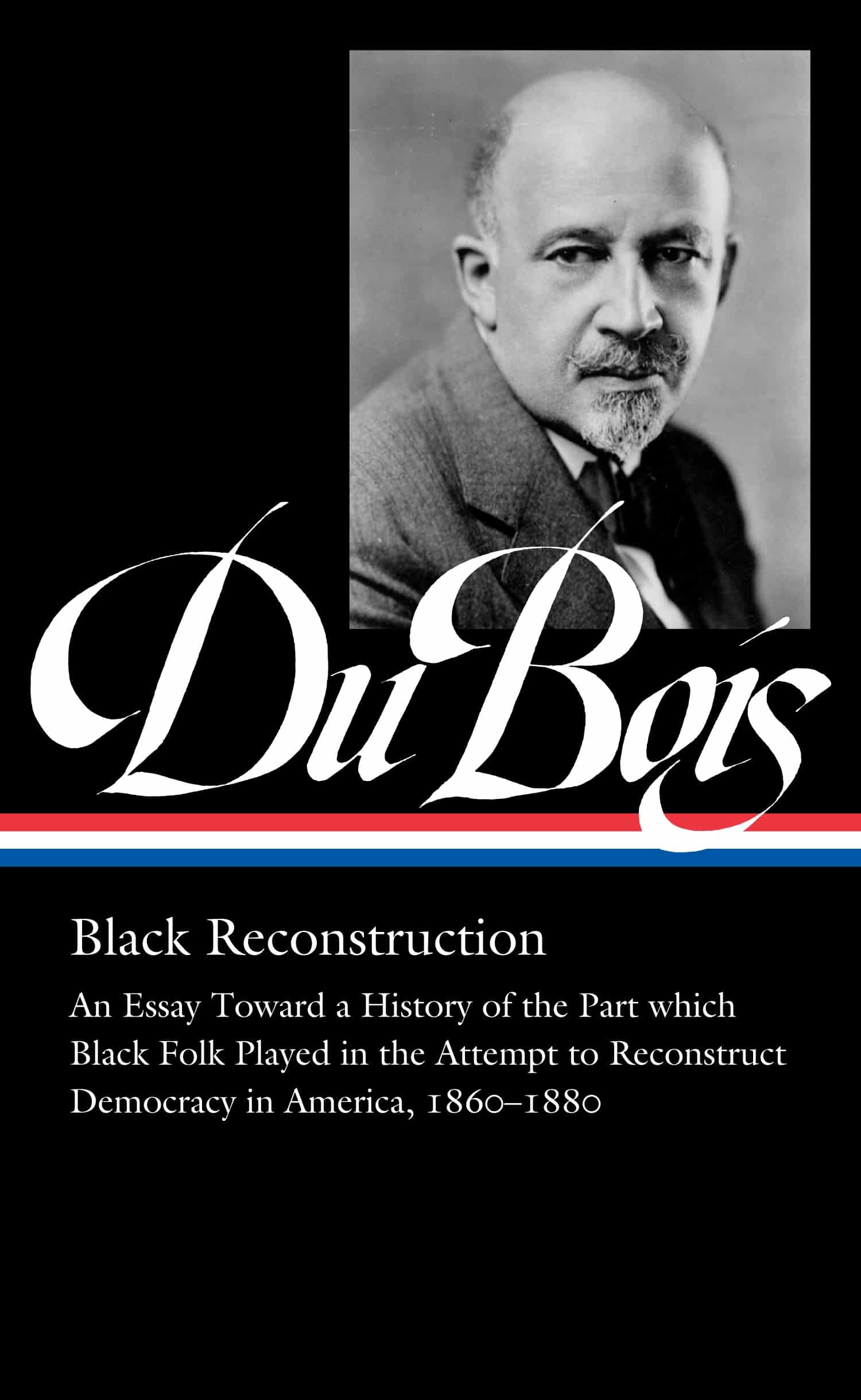
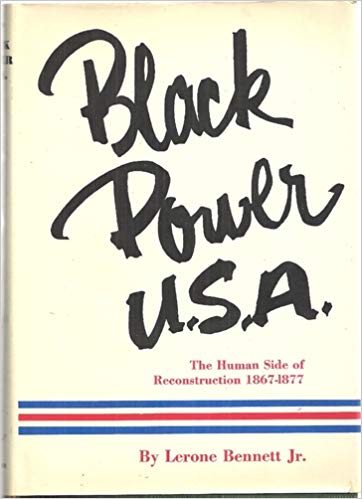
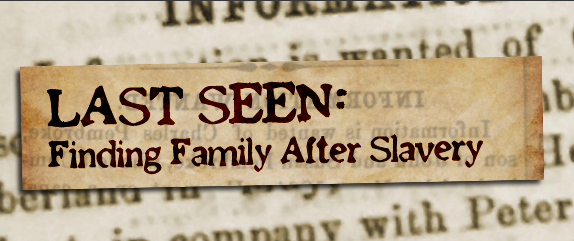
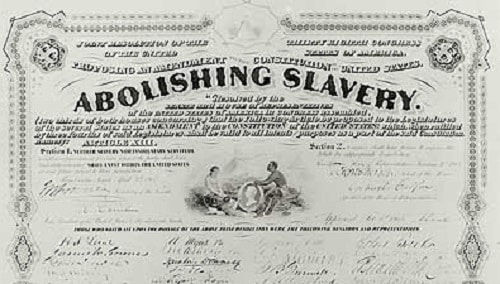
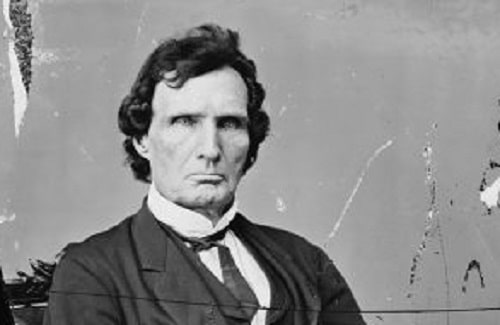
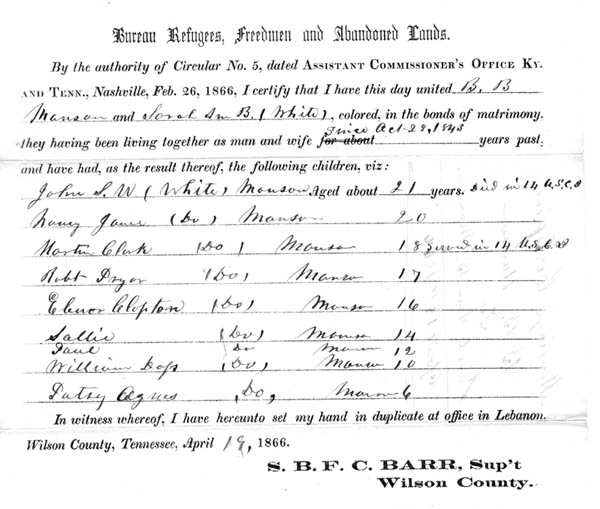
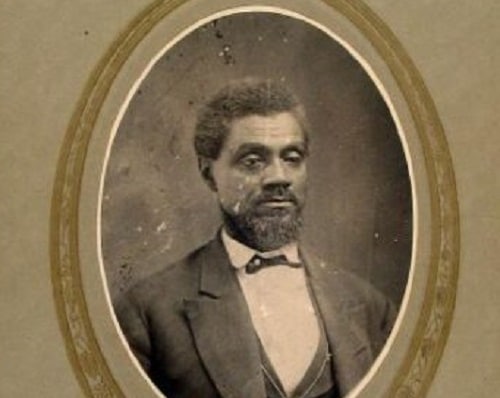
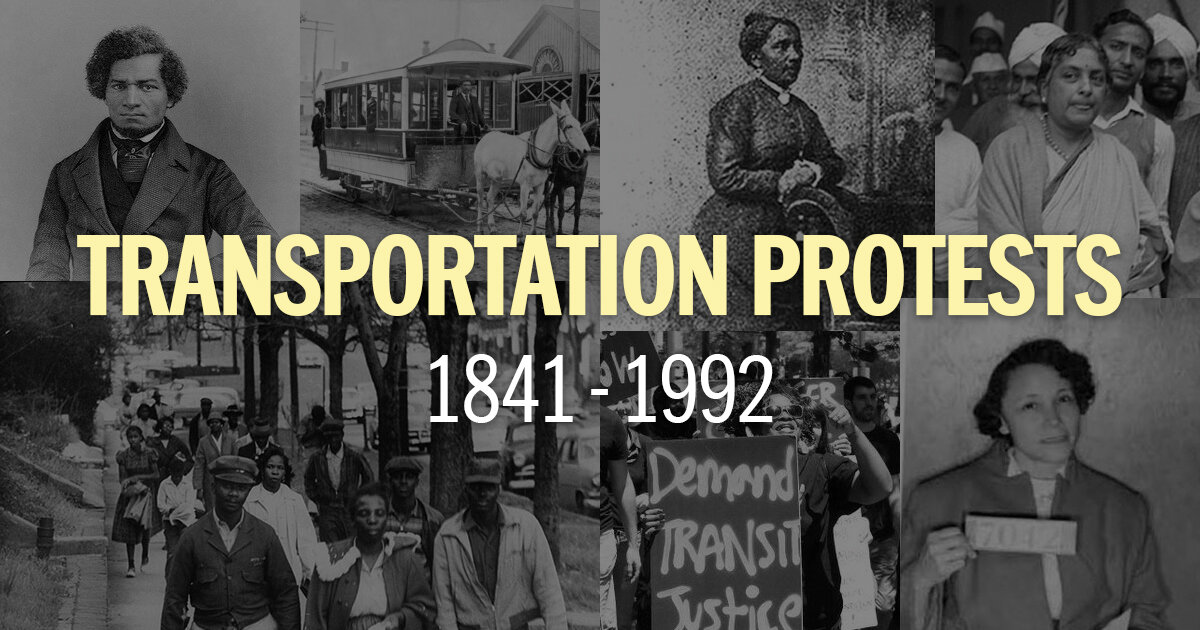
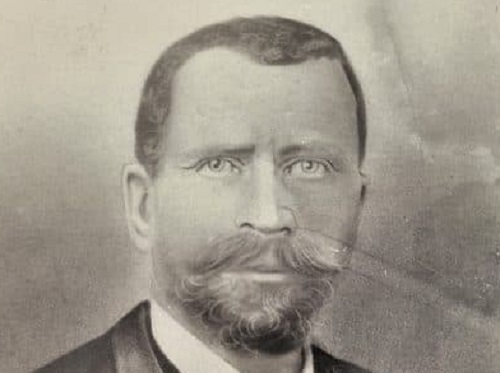
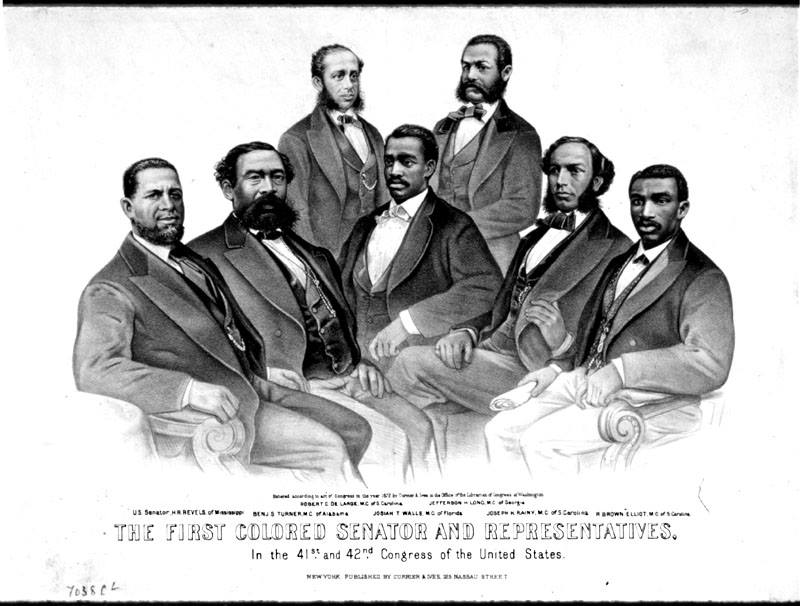





Twitter
Google plus
LinkedIn